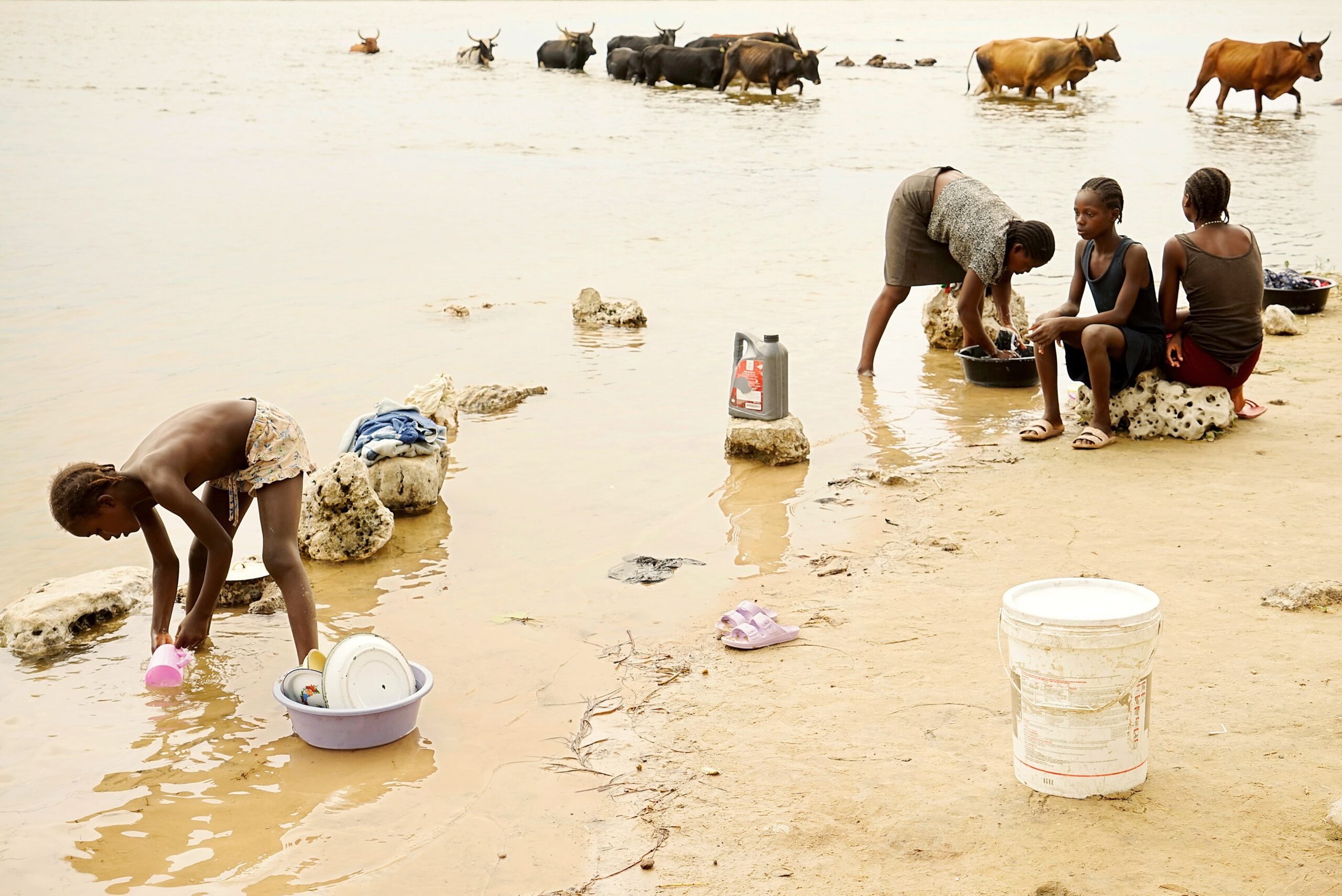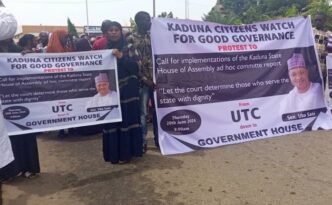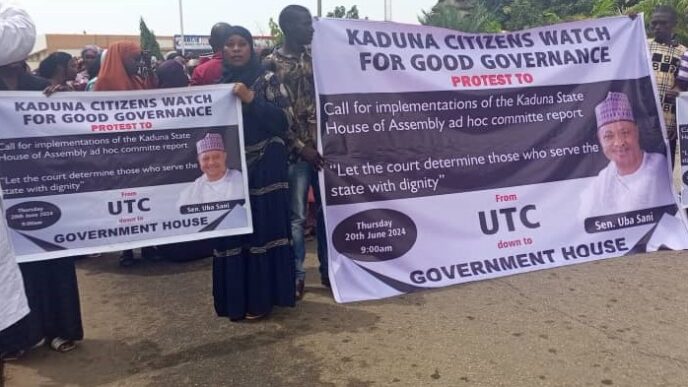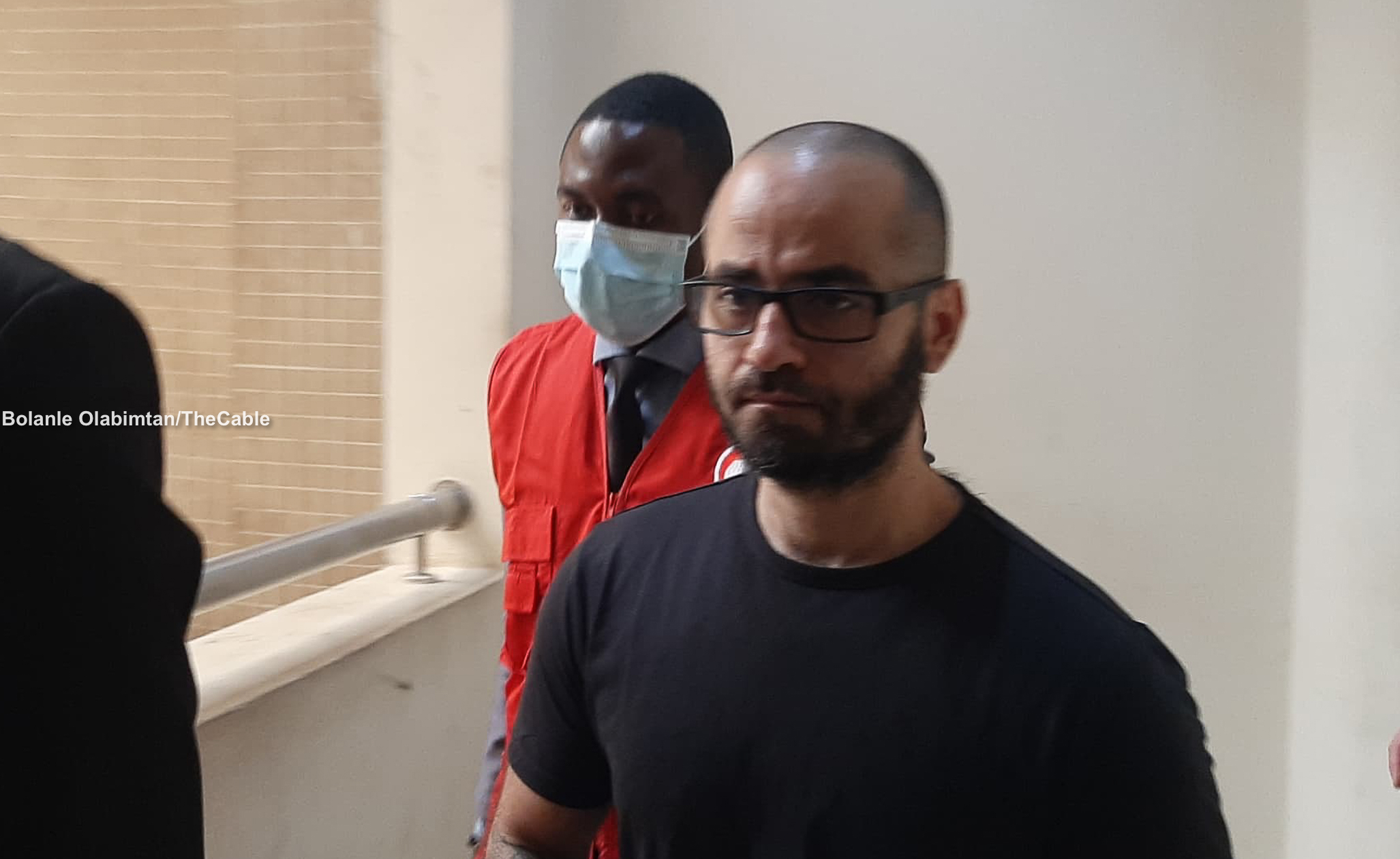2022 - From their home in Katondo village in Kavango West in northern Namibia, Elizabeth Katota and her family walk down to the infested Okavango River each evening – as do so many families – to bathe, wash their clothes and dishes and fill their drinking vessels, while hundreds of cows criss-cross to Angola and contaminate the water. After the rains, the river will rise, and hippos and crocodiles will roam freely – making these daily tasks dangerous.
Corporate Accountability and Public Participation Africa (CAPPA), a non-governmental organisation (NGO), says effective management of water and sanitation systems will enhance cholera control in Nigeria.
The organisation’s advocacy comes after the confirmation of a cholera outbreak in Lagos, which has now claimed 21 lives.
In a statement on Thursday, Akinbode Oluwafemi, executive director of the CAPPA, said authorities in Lagos have been quick to issue safety guidelines and precautionary measures.
Akinbode said while sensitisation efforts are necessary, they could fall short without addressing underlying issues.
Advertisement
“The disease, even though preventable, is particularly vicious in areas where sanitary facilities are insufficient and the availability of safe water supply is inadequate,” the statement reads.
“As such, the resolution to controlling cholera lies in the effective management of public water and sanitation systems.
“The recurring cholera crisis in Nigeria is worsened by the increasing trend of privatisation of basic amenities, including public water supply, by state authorities.
Advertisement
“Where profit motives outweigh the intimate needs of the people, vulnerable populations suffer the most and are left defenceless against water-borne outbreaks such as cholera.”
Also, Zikora Ibeh, CAPPA’s policy and research officer, noted that while the Lagos state government has acknowledged the severity of the current outbreak, its acknowledgement must translate into actionable plans and solutions that prioritise public welfare over corporate interests.
“Nigeria’s cholera problem is also a matter of inequality in our society. For instance, Lagos State, which hosts millions of inhabitants and presents itself as one of the most progressive cities in the country, still lacks adequate public water supply and sanitation facilities — both fundamental human rights essential for the well-being of people,” Ibeh said.
“Yet, the state’s continued underinvestment in public water infrastructure, massive retrenchment of public water workers, and transfer of water responsibilities to third-party vendors and market-oriented investors seeking to make cutthroat profits from the basic needs of citizens dismiss and exacerbate this issue.
Advertisement
“This has left many residents, especially low-income earners and informal community inhabitants, unable to afford the cost of water, reliant on unsafe water sources, and exposed to preventable diseases.
“To prevent future outbreaks of cholera and safeguard public health, political will is required. There must be an intentional and substantial budgetary investment in public water delivery and sanitation systems across the country, particularly in informal and marginalised communities.”
The organisation called on the federal government and state authorities to institutionalise the development of adequate public water supply systems to ensure that all citizens, regardless of their socio-economic status, have access to clean and safe drinking water.
Advertisement
Add a comment








